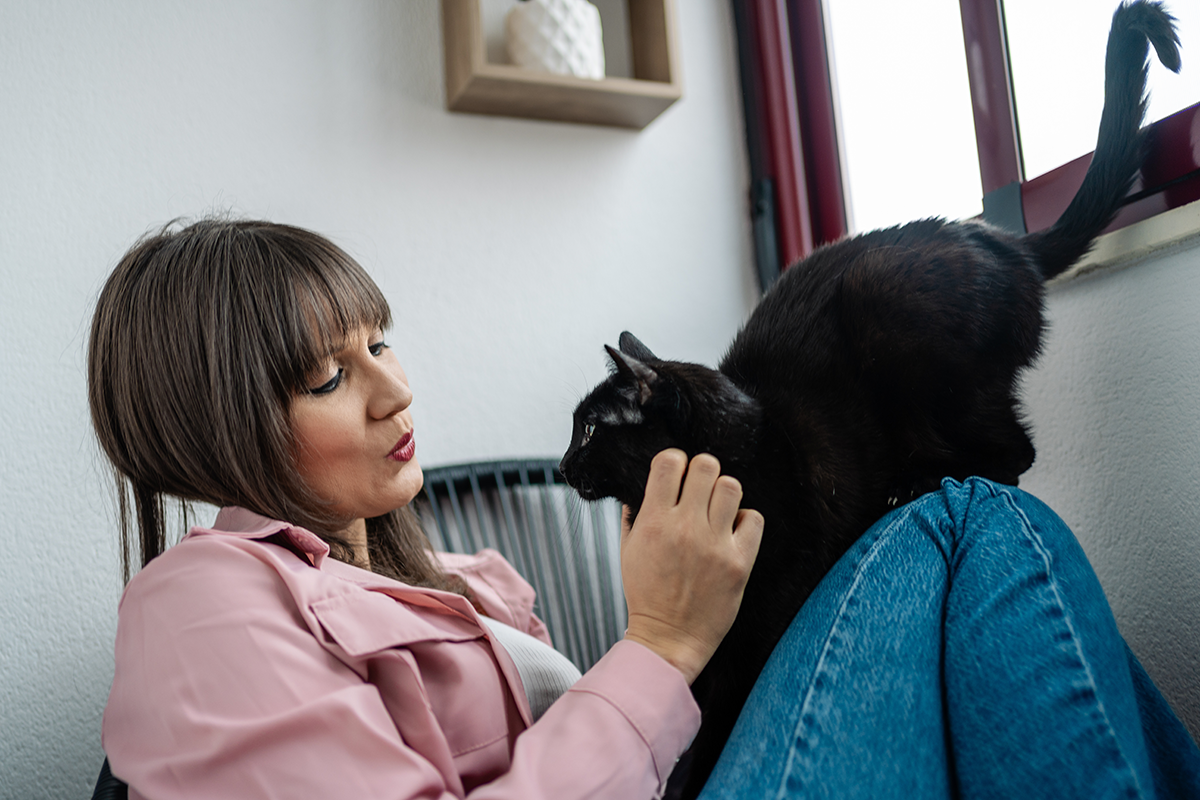
Anxiety is a normal human response to stress, but when it becomes chronic or overwhelming, it can disrupt your life. While professional anxiety treatment is often necessary for severe cases, there are many natural approaches that can significantly reduce symptoms and help you regain balance. In this blog post, we’ll explore practical, research-backed tips to manage anxiety naturally, improve your well-being, and complement professional care.
Anxiety can manifest in different ways, including persistent worry, racing thoughts, restlessness, and physical symptoms like rapid heartbeat, sweating, or nausea. It can stem from various causes, such as:
For some people, anxiety may develop into a clinical condition such as Generalized Anxiety Disorder (GAD), Social Anxiety Disorder, or Panic Disorder. In these cases, professional anxiety treatment—such as therapy, medication, or both—may be necessary. However, even then, natural methods can play a supportive role in reducing symptoms.
Natural anxiety management strategies can:
The goal isn’t to replace professional care but to create a holistic approach that works with your body and mind to foster calm.
One of the quickest ways to calm anxiety is by engaging your body’s relaxation response. Deep breathing reduces stress hormones and slows your heart rate.
How to do it:
You can also try progressive muscle relaxation, where you tense and then release each muscle group in your body. These techniques are often incorporated into anxiety treatment plans because they can quickly ease physical symptoms.
Why it works:Deep breathing activates the parasympathetic nervous system, which counters the fight-or-flight response responsible for anxiety.
Mindfulness teaches you to focus on the present moment instead of getting caught up in worries about the future or regrets about the past.
Mindfulness practices to try:
Mindfulness is a common component of natural anxiety treatment because it reduces rumination and helps regulate emotions.
Why it works:By training your brain to stay present, mindfulness interrupts the anxious thought loops that fuel stress.
Exercise is one of the most effective natural anxiety relievers. It releases endorphins, serotonin, and dopamine—all chemicals that boost your mood and promote relaxation.
Simple ways to move more:
Many anxiety treatment programs include physical activity because it improves sleep, reduces muscle tension, and provides a healthy outlet for nervous energy.
Why it works:Exercise helps regulate stress hormones like cortisol, making you feel calmer and more resilient to daily challenges.
What you eat directly affects how you feel. Nutrient-rich foods can support your brain chemistry, while excessive caffeine, sugar, and processed foods may worsen anxiety symptoms.
Foods that support anxiety treatment naturally:
Why it works:A balanced diet stabilizes blood sugar levels and supports healthy brain function, reducing mood swings and irritability.
Lack of sleep can make anxiety worse, creating a vicious cycle of stress and exhaustion.
Sleep hygiene tips:
Why it works:Adequate sleep restores your nervous system, improves emotional regulation, and supports overall mental health—crucial for any anxiety treatment plan.
While a cup of coffee or a glass of wine might seem like a quick fix, they can actually trigger or worsen anxiety.
Why it works:Reducing stimulants and depressants helps your body maintain a stable mood and prevents spikes in anxiety symptoms.
Anxiety often focuses your attention on what could go wrong. Shifting your mindset toward gratitude and positive thinking can break that cycle.
How to practice:
Why it works:Gratitude rewires your brain to focus on what’s going well instead of feeding anxiety-driven thoughts.
Isolation can make anxiety worse. Social connection, on the other hand, provides comfort and perspective.
Ways to connect:
Why it works:Talking to others reduces feelings of loneliness and helps you gain new insights on coping strategies. Many anxiety treatment plans encourage social support as part of recovery.
Feeling overwhelmed by big tasks can trigger anxiety. Breaking them into smaller steps makes them feel more doable.
How to do it:
Why it works:This reduces the sense of chaos and gives you a clear path forward, easing anxiety around productivity.
Some people find relief with natural supplements, but it’s essential to consult a healthcare provider first to ensure they’re safe and effective for you.
Popular options for natural anxiety treatment include:
Why it works:Certain supplements may support neurotransmitter balance and reduce stress responses, complementing other natural approaches.
While natural approaches can be highly effective, they may not be enough for moderate to severe anxiety. Professional treatment can include:
There’s no shame in seeking help. Natural techniques work best when combined with evidence-based anxiety treatment tailored to your needs.
The most effective approach is often a mix of several strategies:
Layering these natural methods with professional anxiety treatment creates a comprehensive plan that supports both immediate relief and long-term recovery.
Anxiety doesn’t have to control your life. By incorporating natural strategies like mindfulness, exercise, balanced nutrition, and connection with others, you can significantly reduce symptoms and feel more at ease. Remember, natural approaches work best as part of a larger anxiety treatment plan that may include professional support when needed.
Taking small, consistent steps each day can lead to big changes over time. You deserve peace, balance, and relief—and it’s within your reach.
Need Help Managing Anxiety? Our clinic offers personalized anxiety treatment plans that combine natural approaches with professional care, including therapy and holistic support. Contact us today to take the first step toward lasting calm.